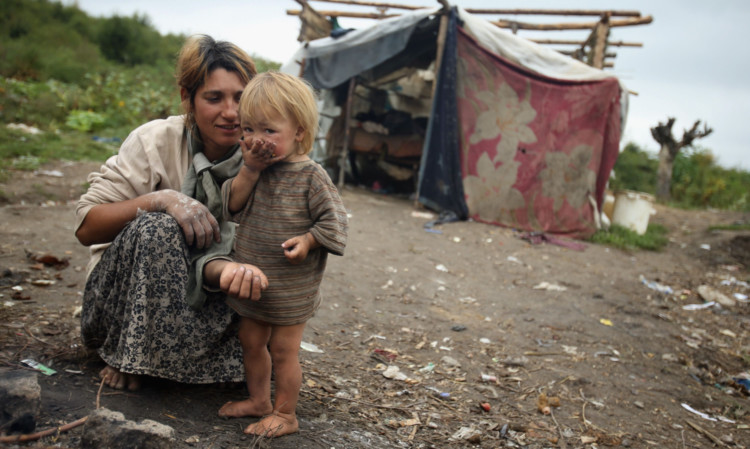Nearly three-quarters of people think the Government has failed to provide enough information on what will happen when restrictions to the UK Labour market are lifted for Romanians and Bulgarians, a survey has found.
A broad study of Britons’ thoughts and feelings towards future Romanian and Bulgarian immigration revealed strong support for tough limits on access to benefits for new European migrants.
A total of 80% of respondents to the survey by independent immigration think-tank British Future backed tougher measures.
However, 77% said they would welcome migrants from Romania and Bulgaria who work hard and pay taxes, learn the language and become part of the community.
British Future director Sunder Katwala said: “The timing of new EU migration from Romania and Bulgaria isn’t popular and people have worries about the pressures it may cause but they’re not prejudiced.
“People want issues to be sorted out, not stirred up. If new arrivals make the effort to work hard, contribute and integrate into Britain, most people are broadly accepting.”
Temporary curbs imposed on Romanians and Bulgarians in 2005 to protect the British labour market will be lifted on January 1.
The Government has refused repeated demands to publish or commission estimates of the numbers expected to enter Britain in the face of unofficial research predicting as many as 50,000 people arriving from the eastern European countries each year.
Leading politicians from Bulgaria and Romania have dismissed fears that the change in access restrictions will trigger a wave of immigration to the UK.
The British Future survey found that 38% of people think the number of people coming from Romania and Bulgaria will be up to 50,000 in 2014, while 18% believe it will be between 50,000 and 100,000.
A further 13% think the number could be up to 500,000.
Mr Katwala went on: “The Government has said it’s too unpredictable to put a figure on how many people may come in 2014.
“Our report examines how significant the public thinks migration from these countries might be. They don’t think millions from Romania and Bulgaria are about to up sticks, but they do think the numbers could be high enough to mean sensible plans should be in place.”
